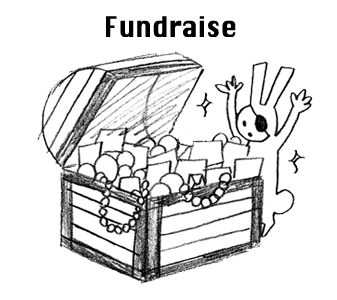When was the last time you talked about Mutual Aid as a tool for building resilience and solidarity, which works best within networks of trust. For mutual aid to function, there needs to be a foundation of relationships where people “know” each other. This isn’t just familiarity, it’s about understanding the needs, values, and dynamics of the community involved.
We build this path from “trust” – the role of trust networks is that members share common bonds, whether it’s geographical, ideological, or social. These help to ensure that resources are distributed fairly and reach those who need them. When people know each other, there’s an inherent accountability that strengthens this network. This trust is crucial because it ensures that mutual aid efforts are sustainable and effective, rather than being exploited and misdirected.
One thing that keeps coming up is the risk of feeding the #deathcult when mutual aid extends beyond these trust networks – such as when sharing needs or begging posts from people outside your community for example on the #dotcons or broadcast on the social networks of the #openweb -there’s a risk of unintentionally feeding the mess. The #deathcult is a pervasive system of exploitation and inequality that thrive on unthinking, unchecked resource distribution and manipulation. Without accountability in a trust network, resources are in part diverted to sustain the inherently destructive paths that “common sense” puts us all on.

What can balance this is in building and strengthening trust networks is that before sharing or contributing to mutual aid requests, it’s important to take the time to understand the community or individuals asking for help. What’s needed is getting to know the community by engaging with the community that the person is a part of. Understand their values, struggles, and the context in which they operate. This helps ensure that your support is going to a cause aligned with shared principles. Whenever possible, build direct relationships with the people you are helping, this can be through conversations, mutual friends, or shared activities. Knowing the person or group directly helps to build the needed trust and ensures your aid is helping rather than simply feeding at worst or propping up at best the current mess. Prioritize mutual aid efforts within communities you are connected to, or within wider networks you trust help to strengthen local resilience.
Conclusion, mutual aid is effective within networks of trust, where communities know and support each other. When sharing or responding to requests for help, please consider whether you are supporting a community need or inadvertently feeding the current messy paths of exploitation. By focusing on building and maintaining human trust networks, we help to ensure that mutual aid efforts are sustainable and beneficial to those who need them #KISS
2 thoughts on “Trust in Mutual Aid Networks”